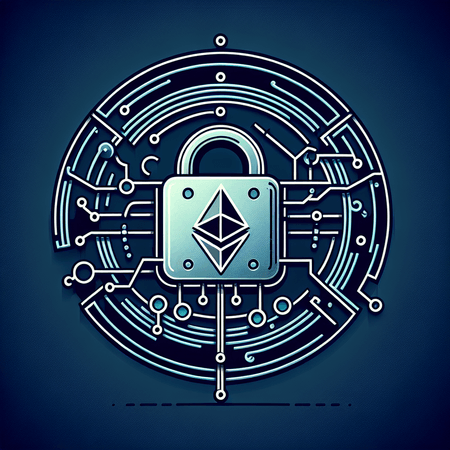Cybersecurity in Crypto: Lessons Learned from North Korean Hackers

In a startling revelation, North Korean hackers have successfully executed a cyber heist, stealing $42 million worth of Ethereum. This incident presents a critical learning opportunity for individuals and organizations operating in the crypto landscape, emphasizing the need for enhanced cybersecurity protocols.
The theft was orchestrated by a sophisticated group known for targeting cryptocurrency exchanges and platforms. Analyzing this incident provides several key lessons:
- Invest in Security Measures: It's essential for crypto platforms to continuously update their security infrastructures, adopting the latest technologies to fend off potential attacks.
- User Awareness: Users must be educated about potential phishing schemes and vulnerabilities. Educated users are less likely to fall victim to social engineering tactics.
- Multi-Factor Authentication: Implementing multi-factor authentication can significantly reduce unauthorized access, adding an extra layer of security.
- Regular Audits and Penetration Testing: Frequent security audits and testing can help organizations identify and fix vulnerabilities before they are exploited.
- Response Planning: Entities need to have a well-defined incident response plan in place, allowing for quick action when a breach occurs.
As we reflect on these lessons, it’s imperative to remember platforms like Bitlet.app, which not only facilitates buying cryptocurrencies but also prioritizes user security. Bitlet.app offers a Crypto Installment service, allowing customers to invest in cryptocurrencies responsibly. This enables users to buy crypto now and pay in monthly installments, making it easier to manage investments without overwhelming financial strain.
Ultimately, the North Korean hack serves as a stark reminder that the crypto world is not just about technological innovation but also about securing that technology. The lessons learned should guide all players in the ecosystem to prioritize cybersecurity and safeguard their assets against malicious actors.


